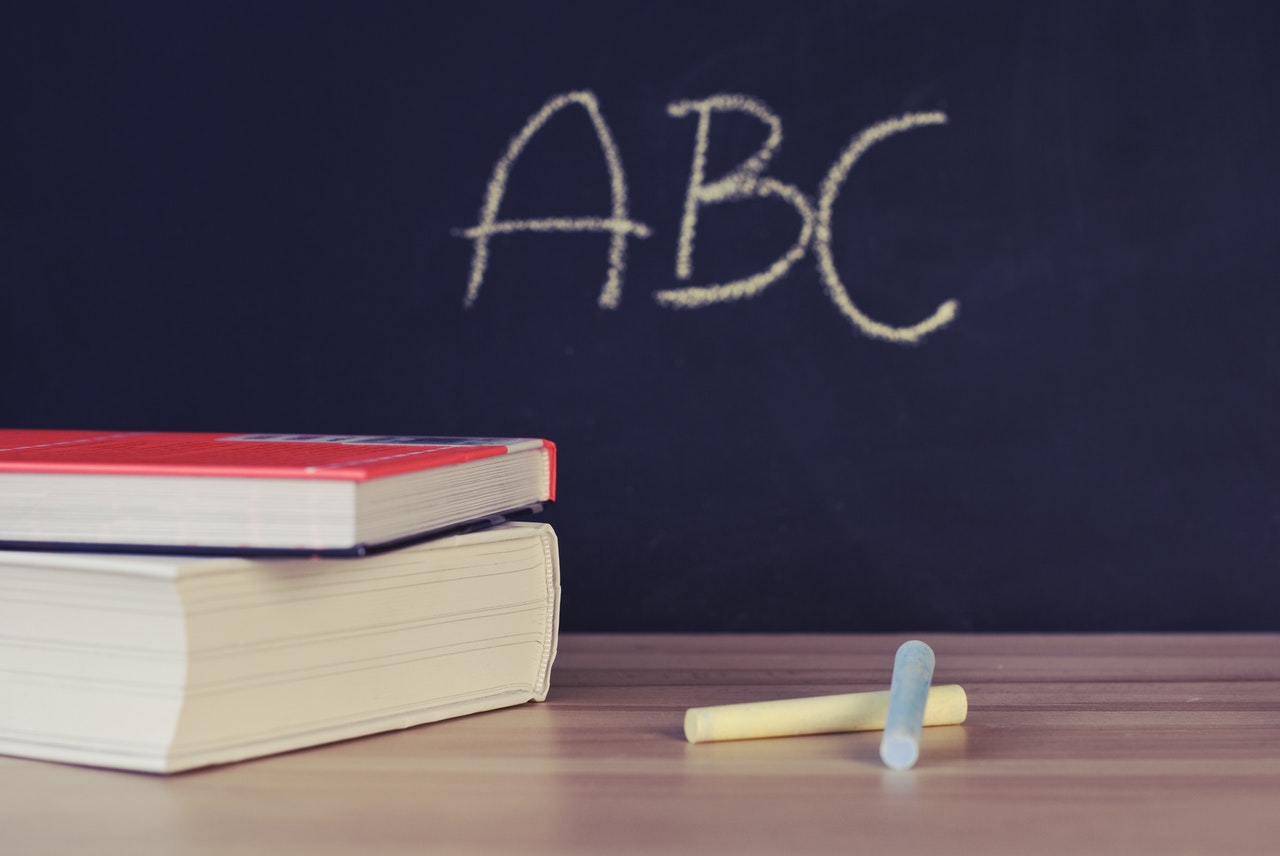How Spelling Supports Reading

The skills of spelling and reading are intertwined, and mastering both can influence a person’s capacity to learn. This is because both skills depend on the knowledge of the relationship between letters and their sounds. Moreover, a well-designed spelling curriculum is key to providing students with the basic skills so that they can read.
The Importance of Spelling to Reading
Spelling needs to be taught gradually throughout students’ school life—more intensively in the early years because it will lay the foundation for more complex words, sentences, and text as they get older. In this way, students can develop an understanding of the relationship between letters and sounds.
Teaching spelling gradually and systematically supports the storage of this information in the long-term memory. Studies have shown that writers who need to repeatedly jog their memory just to remember the spelling of certain words unnecessarily use up cognitive energy and resources, which could have been used for more complex writing tasks.
In the age of word processors and spell check, some would argue that teaching spelling in classrooms might be a waste of time. This assumption cannot be more wrong. The writers still need to be able to approximate the spelling of a certain word for spell check to provide the right correction.
Being able to spell well has a lot of practical benefits that we often take for granted: filing alphabetically, using the thesaurus, encyclopedia, and dictionaries. Moreover, there is an expectation, especially in professional and academic circles, for everyone to be proficient at spelling. A professional should be able to articulate his or her message correctly, and error-free—a few too many typographical and grammatical errors are equated to incompetence.
The English Spelling System is Not That Complicated
The entire modern English language is a combination of Anglo-Saxon, Latin, and Greek root words. It sounds complicated, but it isn’t. More often than not, the spelling of a word can be linked to its origin, sound structure, and meaning. It can be explained using the five (5) principles listed below:
1. The spelling of a word can be understood based on the language of origin and history. Teaching spelling can be confusing because the English language has different spellings for the same sound (c, k qu, ch). This is because the language is influenced by ancient languages such as Anglo-Saxon, Latin, and Greek. This is further complicated by the merging and layering of these languages. However, word groups and word families are classifiable, which makes it possible to put a system to teaching spelling.
2. The spelling of a word is determined by its meaning and part of speech. Two factors that determine the spelling of a word are the meaning and sounds within the word itself. Some advanced readers can make an approximation about the meaning of a word based on its spelling alone.
3. The spelling of a given sound can vary according to its position within a word.
4. A combination of one to up to four letters makes up the spelling of a speech sound. This is also known as phoneme and grapheme correspondence.
5. Conventions of letter sequences and patterns influence the spellings of some speech sounds. Early linguists and scholars established rules and conventions aimed at standardizing spelling rules to be able to put everything together in a dictionary.
Implications for Teaching
When teaching reading and spelling to students, teachers ought to focus more on teaching the patterns and systems behind the spelling of word groups and memorize irregular ones. There is simply not enough time and space in one curriculum to teach all of the rules of spelling to the students. Keep in mind that instruction starts in the early grade levels by teaching the basic spelling concepts and going in-depth as students advance to the next grade levels.
The example below is for students from kindergarten to grade 7. Spelling instruction should continue for older students. They can be taught topics like the development of the English language. Knowing this may enhance the learning experience of older students. It can provide a different perspective and deeper understanding of the English language.
Consider this as an example:
· Kindergarten – letter names and sounds, phoneme awareness
· Grade 1– regular consonant and vowel correspondences
· Grade 2 – letter patterns and conventions, common inflectional endings
· Grade 3 – multi-syllable words, syllabication rules, basic prefixes, and suffixes
· Grades 1 to 3 – regular and irregular Anglo-Saxon words
· Grade 4 – Latin-based prefixes, suffixes, and roots
· Grade 5 to 6 – More complex Latin forms (nouns, verbs, adjectives, adverbs, prefixes, suffixes, etc.)
· Grade 6 to 7 – Greek Forms
Final Thoughts
Teachers should consider using a framework when teaching spelling to students of various grade levels, taking into consideration their age, aptitude, and skill level. It would be beneficial for them to let go of the age-old spelling principles that they were taught—one that had teachers memorize spelling rules—rules that were hard to learn and even harder to teach now.






